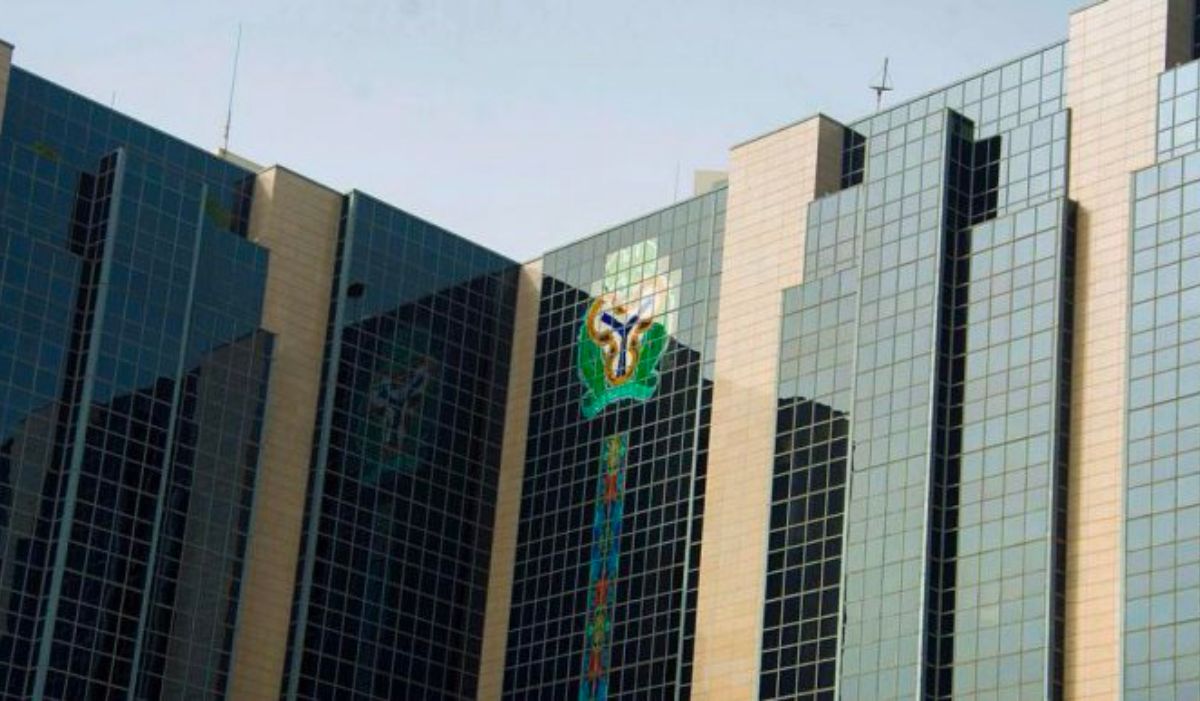CBN Implements Strict Financial Restrictions on Banks Under Regulatory Forbearance

The Central Bank of Nigeria (CBN) has announced new measures targeting financial institutions currently operating under regulatory forbearance arrangements.
These institutions must now cease dividend distributions, postpone executive compensation bonuses, and refrain from initiating new foreign investment activities.
The monetary authority describes these restrictions as essential for strengthening capital reserves, enhancing institutional stability, and promoting responsible capital management across the banking industry.
These measures target banks experiencing difficulties with credit risk management and breaches of single-borrower concentration limits—indicators of potential institutional vulnerability.
The banking regulator has clarified that these limitations will remain in place until thorough assessments confirm adequate capital strength in the affected institutions.
“This temporary suspension is in effect until such a time as the regulatory forbearance is fully exited and the banks’ capital adequacy and provisioning levels are independently verified to be fully compliant with prevailing standards. This supervisory measure is intended to ensure that internal resources are retained to meet existing and future obligations and to support the orderly restoration of sound prudential positions.”
Under the new requirements, institutions subject to forbearance measures must:
- Halt all shareholder dividend distributions
- Postpone performance-based compensation for leadership and senior personnel
- Avoid establishing new foreign subsidiary operations or international investments
These limitations will persist until institutions complete their forbearance programs and demonstrate full compliance with capital and reserve requirements through independent verification.
Market observers interpret this development as the central bank’s transition from accommodative policies toward stricter oversight.
Nigeria’s banking industry faces significant capital requirement increases, with implementation scheduled in stages through 2026.
The directive reflects growing concerns about capital preservation amid currency fluctuations, rising prices, and exposure to volatile economic sectors.
This action represents the latest in a series of enhanced regulatory controls designed to curb excessive risk exposure and poor capital allocation practices within the banking sector.
In April 2022, the monetary authority extended interest payment relief on loans for another twelve months to support borrowers during the post-pandemic recovery. However, this policy exposed banks to increased credit risks while delaying recognition of potential loan losses.
In September 2023, the central bank prohibited financial institutions from utilising foreign exchange revaluation gains for dividend payments or capital expenditures. Instead, these profits were required to be held in a designated “Special Regulatory Reserve” pending further instructions.
The monetary authority reinforced this stance in March 2024, emphasising the risks of using volatile foreign exchange gains for dividend payments. Banks were advised to preserve these funds to strengthen their capital positions and better withstand potential shocks from Nigeria’s exchange rate unification process.
The current directive extends these restrictions beyond profit utilisation to encompass recipient eligibility and investment destinations.





